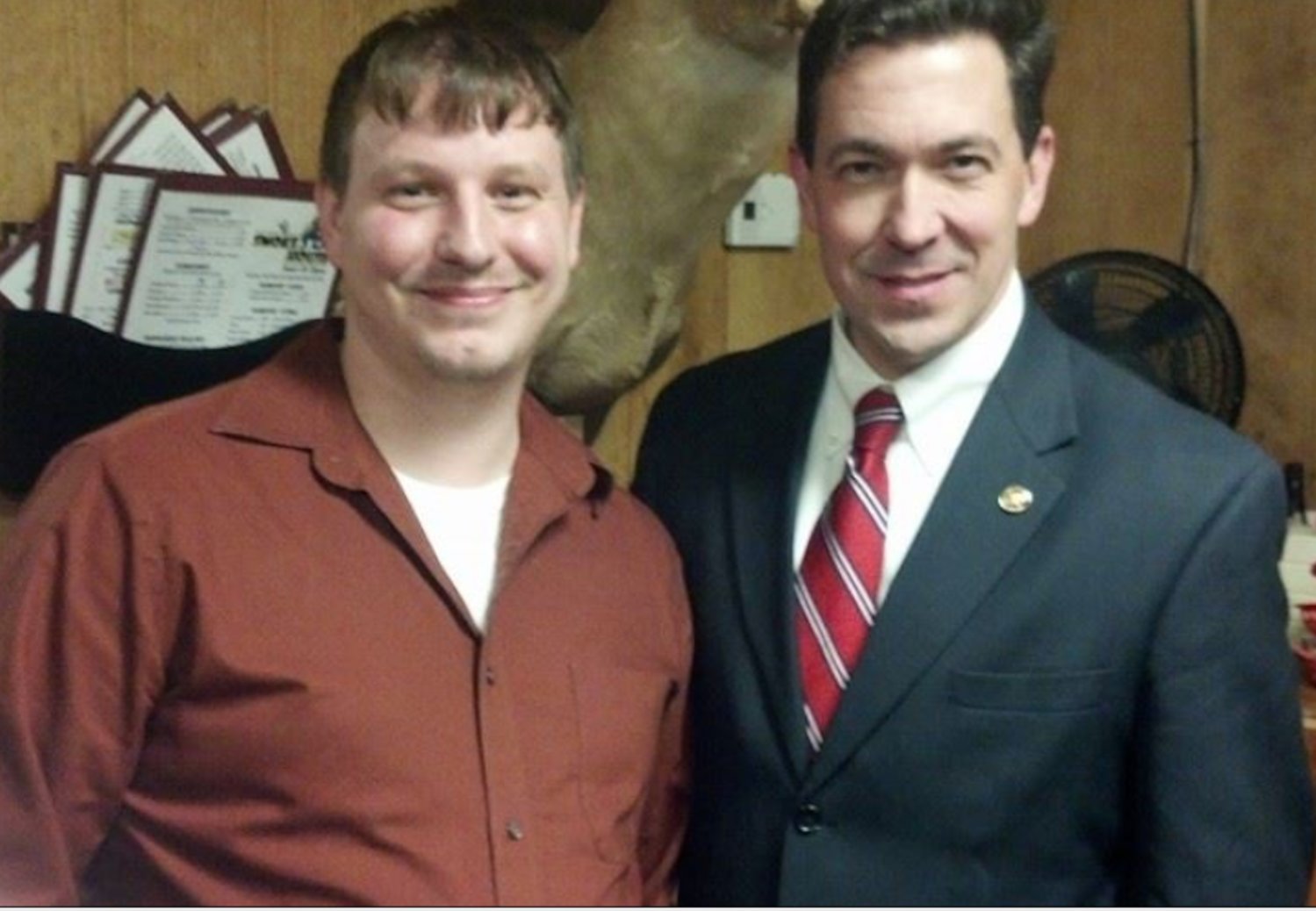Federal judge rules in favor of Madison in Mayfield wrongful death case
A federal judge ruled Wednesday in favor of the city of Madison in the wrongful death case of a Chris McDaniel supporter who killed himself in 2014 after being prosecuted by the city for his role in a videotaping campaign scheme that backfired.
The family of the now late Ridgeland Attorney Mark Mayfield said he killed himself after the city of Madison prosecuted him in retaliation for his role in an incident during the 2014 U.S. Senate race in which Republican challenger Chris McDaniel sought to unseat the now late U.S. Sen. Thad Cochran.
Southern District Judge Carlton W. Reeves issued the summary judgment for the city of Madison on Wednesday. Similar suits against others, including Butler Snow law firm, were settled before Wednesday’s ruling.
During the 2014 U.S. Senate campaign, Mayfield, after communicating with fellow McDaniel supporters John Mary, Richard Sager and Clayton Kelly, agreed to help Kelly obtain a photo of Cochran’s infirmed wife Rose inside St. Catherine’s Village assisted living facility in Madison.
Mayfield’s mother was a resident at St. Catherine's Village, and he was familiar with the facility and the location of Rose Cochran’s room.
“Mary, Sager and Kelly had a plan to claim that Senator Cochran was an adulterer,” the court case states. “They wanted to make a video showcasing how Cochran spent time with his longtime aide in Washington, D.C., instead of with his wife, Rose, a resident of the St. Catherine’s Village assisted living facility in Madison. Mary and his associates wanted the video to feature a photo of the real Mrs. Cochran.”
The video featuring a photo of Rose Cochran that Kelly shot on Easter Sunday, April 20, 2014, was later posted to YouTube and was met with condemnation by supporters of both McDaniel and Cochran for its portrayal of the bedridden elderly Rose Cochran, and Kelly pulled it within hours of posting it.
The Madison Police Department investigated the incident and on May 16, 2014, arrested Kelly and on May 20, 2014, arrested Mary. During the investigation, Mary told officers that Mayfield had assisted them in photographing Rose Cochran and police arrested Mayfield on May 22.
“The police also executed search warrants on Mayfield’s home and office,” the court document states. “The basis for those warrants was Officer Harrison’s affidavits indicating that Mayfield’s office would have evidence that he inflicted pain on a vulnerable person. Mayfield’s bond was set at $250,000. Mayfield became depressed, sought professional help, and was prescribed medication for sleep, depression, and anxiety. His wife Robin experienced similar symptoms and was also prescribed medication.”
On June 27, 2014, Mayfield’s wife found him dead in the basement where he had taken his own life
Mayfield’s family later filed lawsuits against Cochran’s legal team of Butler Snow and several other defendants. All of those cases had been resolved before Wednesday’s decision on the claims against the City of Madison “that the Cochran supporters who ran the City arrested Mayfield in retaliation for his involvement with the McDaniel campaign.”
The city of Madison argued that it should not be held liable “because there is no direct evidence of a ‘premeditated, official policy to arrest’ McDaniel supporters,” the court document states.
The City of Madison further argued that it had “a legitimate, non-retaliatory reason for Mayfield’s arrest. Based on the evidence gathered during its investigation, the City had probable cause that Mayfield conspired with others to trespass onto St. Catherine’s Village property.”
In his order, Reeves said the plaintiffs presented no evidence that the city focused on prosecuting anyone based on their support of McDaniel.
“Instead of rounding up the most vocal McDaniel supporters, City investigators followed the evidence from Kelly to Mary to Mayfield,” Reeves writes. “The police were given free rein to conduct their investigation as they saw fit, without direction from the Mayor, a Cochran supporter. There is no evidence that before the Rose Cochran incident, the City of Madison was itching for an excuse to go after McDaniel supporters. And there is no evidence of differential treatment of McDaniel and Cochran supporters. As an example, there is no evidence that Cochran supporters entered a McDaniel relative’s home in Madison, after which the City refused to prosecute them.”
On the wrongful death claim, Reeves writes, “Here, the Mayfields have no evidence, expert or otherwise, that Mark Mayfield acted under an irresistible impulse.”



